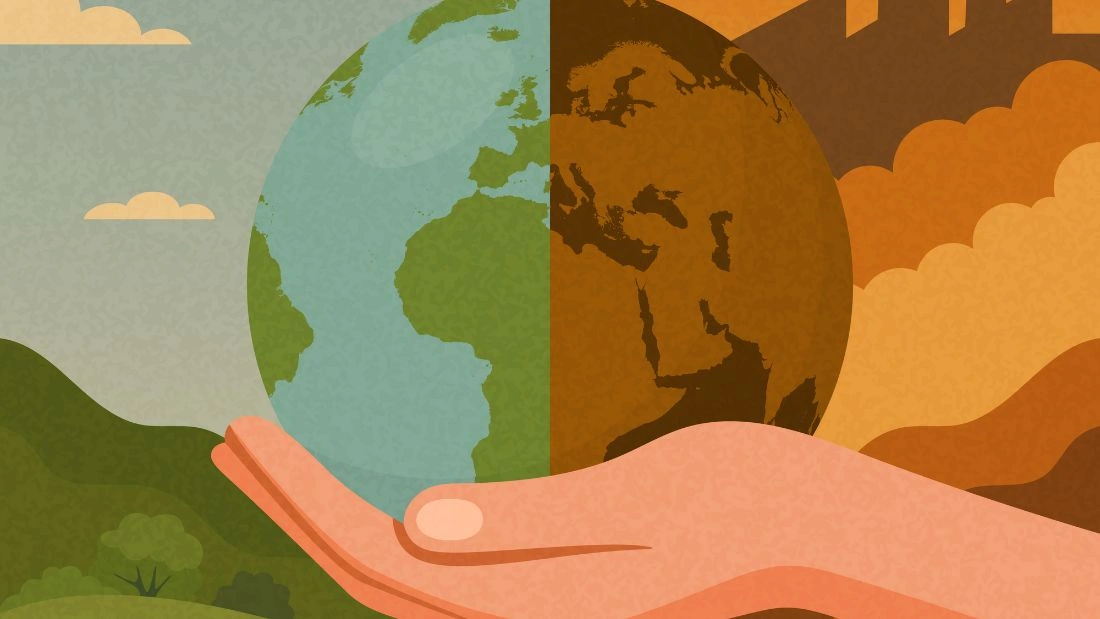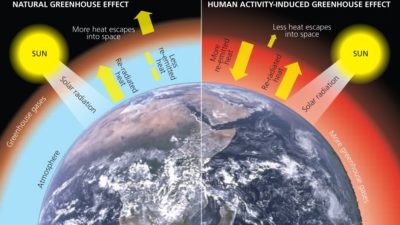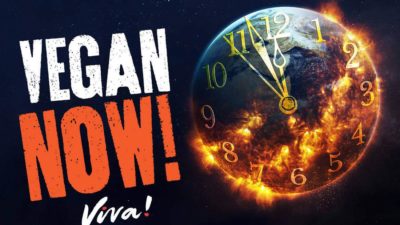NEW planetary health diet could save lives and the planet

Some 40,000 early deaths could be prevented each day globally if more people adopted a planet-friendly, plant-based diet, according to a new landmark report. The second EAT-Lancet report, published in October 2025, provides new evidence showing how a plant-based diet is more sustainable, promotes health, reduces environmental harm and supports global food justice. In essence, it explains how making thoughtful dietary choices could help create a healthier planet.
A plant-based diet provides the best health and climate outcomes
The key finding is that if the world adopted a healthy diet, we could feed everyone while staying within planetary boundaries – the safe limits that help avert abrupt, irreversible environmental damage. The 70-expert commission from 35 countries reveals how a shift to the Planetary Health Diet (PHD) could:
- prevent 15 million premature deaths each year globally
- slash food-related greenhouse gas emissions by half
- reduce the amount of land required for food production
- cut deforestation and reduce wildlife losses
- ensure enough food for a projected 9.6 billion people by 2050
The PHD recommends plant-rich, flexible diets, including at least five portions of fruit and vegetables a day, three to four portions of wholegrains a day and one daily portion of nuts and pulses (peas, beans and lentils). It permits small amounts of animal foods (the foods that cause the highest emissions), and limits red meat to just once a week at most.
The report warns that across many regions, today’s diets are unhealthy and unsustainable due to excess meat, dairy, animal fats and sugar. The updated PHD is adaptable to local cultures and preferences, allowing for modest amounts of animal foods but can also be fully vegetarian or vegan.
Breaching boundaries
Currently, the report warns, food systems are taking the lead in breaching five out of nine planetary boundaries: climate change, biodiversity loss, land-system change, freshwater use and nutrient (nitrogen and phosphorus) pollution. Other systemic harms include the overuse of antibiotics in animal farming, which drives antimicrobial resistance.
Food justice
The report reveals shocking inequity: the wealthiest 30 per cent of the world’s population generates more than 70 per cent of food-related environmental damage. Furthermore, 2.8 billion people cannot afford a healthy diet and one billion are undernourished, despite enough food being produced globally and obesity levels rising in many countries.
Health benefits
The updated report also includes new evidence of the health benefits of the PHD diet. Professor Walter Willett of the Harvard TH Chan School of Public Health and commission co-chair says: “We have been able to look at this diet in relation to health outcomes such as total mortality, diabetes, respiratory diseases, heart disease, stroke, etc, and we found very strong inverse relationships.” The diet was also linked to reduced cancer and neurodegenerative diseases.
While the pathway to improved health and environmental benefits is clear, the report stresses that real progress will only occur if policies change and suggests shifting food taxes and subsidies to favour healthier and more sustainable foods. Action is now long overdue.







